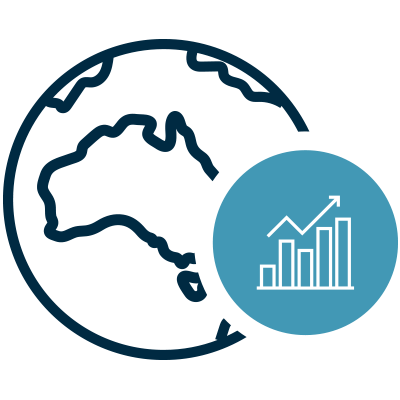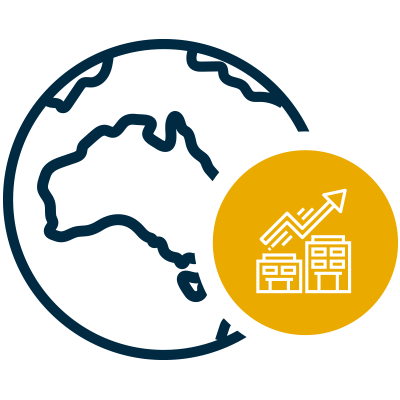SUMMARY
During October, the spread of Covid-19 accelerated through the northern hemisphere with the onset of winter, setting new infection records in several countries. Global stock markets were rattled by the prospect of further lockdowns in Europe and US. Investors were also repositioning themselves in advance of the US Presidential election in early November. Now that the result is clear, Ted Franks shares his perspective on the US election and what that means for the progress of sustainability.
We are pleased to include below a recent investment update with Seb Beloe (Head of Research) and Ted Franks (Fund Manager).
























